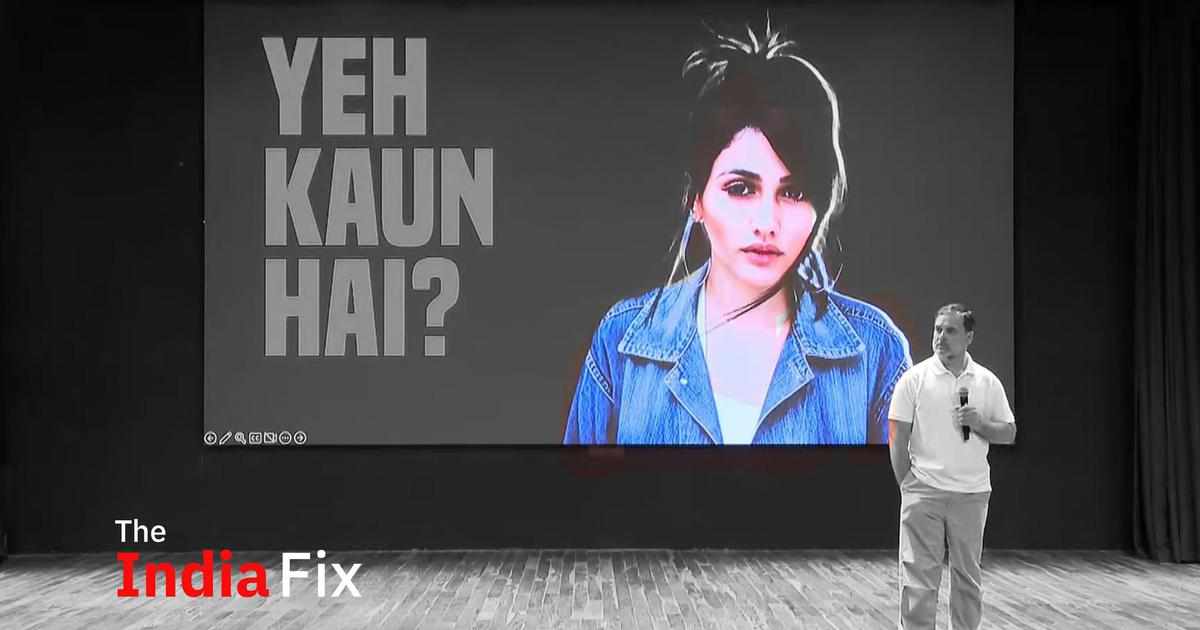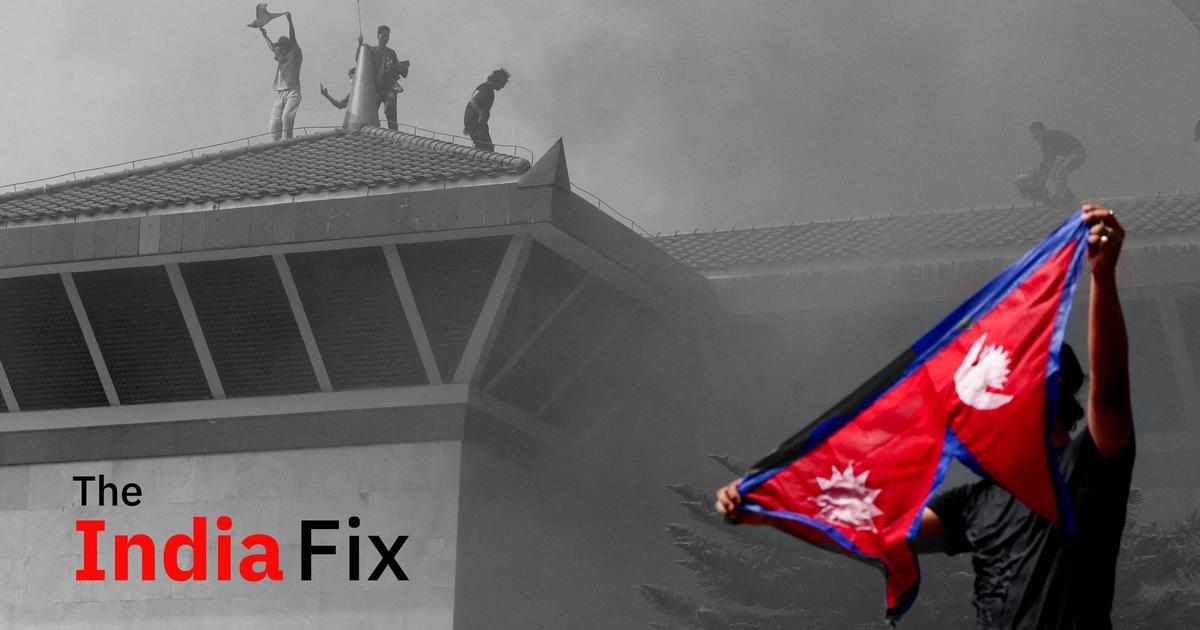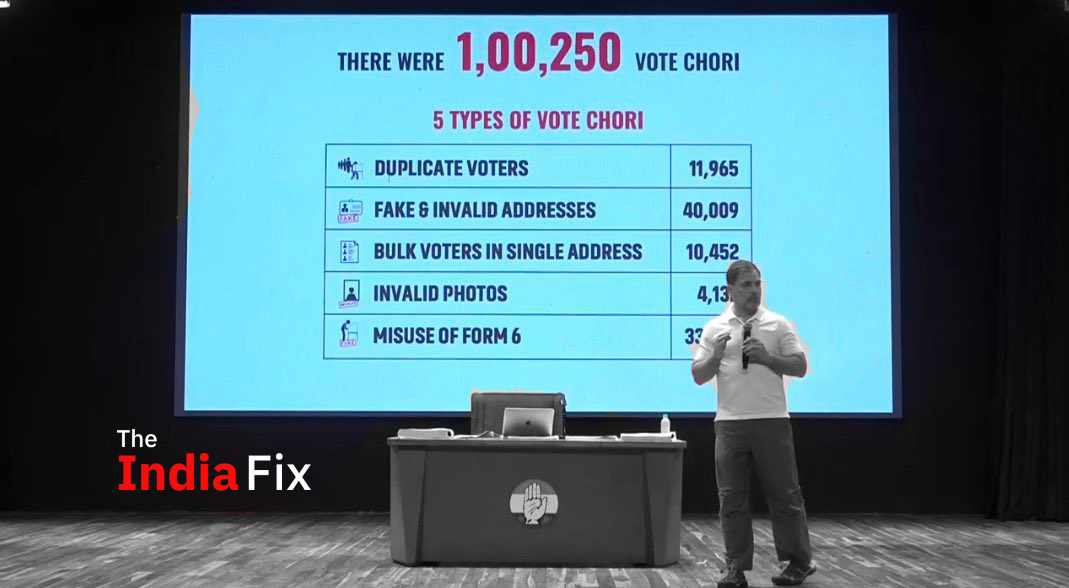
Welcome to The India Fix by Shoaib Daniyal, a newsletter on Indian politics. As always, if you’ve been sent this newsletter and like it, to get it in your inbox every week, sign up here (click on “follow”).
Have feedback, interesting links or think I am wrong? Write to me: theindiafix@scroll.in
The new year began on a somewhat chaotic note for many Indians as a truckers’ strike induced shortages in critical items such as petrol and foodstuffs. Truck drivers were angry with stricter punishment for hit-and-run cases under the new law, the Bharatiya Nyaya Sanhita, 2023, which is the Modi government’s replacement for the Indian Penal Code.
The new law not only provides for a jail term of up to five years for road accidents, it also raises that to 10 years in case the driver “escapes without reporting it to a police officer or a Magistrate soon after the incident”.
The protestors were angry that the new law allegedly did not take into account the reality of Indian conditions, where very often angry mobs lynch truck drivers after an accident. This left them with no choice but to escape, drivers claimed.
After the horse has bolted
Finding itself under pressure from yet another street protest, the Modi government swung into action. The Union Home Ministry met members of the All India Motor Transport Congress and assured them that the new laws would not be implemented until discussions were held with truck drivers and their representatives. This had some impact but the protests did not end, with truck drivers claiming that the All India Motor Transport Congress represented vehicle owners and not them.
There is little doubt that India needs to tackle the problem of road accidents. More than one and a half lakh people died in 2022 from road accidents. Moreover, in a significant number of these accidents, the police are unable to find enough evidence to file a chargesheet: a phenomenon driven in partly by hit-and-runs that the new law tries to address.
However, even if well intentioned, it is clear that the Modi government passed the new legislation without following even the basic protocols of law-making. There were no discussions held on the implications of the new law and no consultations with stakeholders. Ironically, it was only after massive protests after the law had been passed that the Modi government scrambled to meet stakeholders and understand their point of view.
Short circuiting democracy
The major reason for the lack of due process is the near-collapse of the Parliamentary system of lawmaking in India. The new penal code, for example, was passed with a significant section of the Opposition suspended from Parliament.
In theory, Parliament is meant to channel voices from the ground and reflect them during the passing of legislation. As is clear from the truckers’ strike, this process is severely broken. Elected representatives were unable to pick up the anger among truckers.
With Parliament being broken as a forum for lobbying, much of the action has shifted to the street. It is not a surprise that truck drivers immediately decided to strike as a way to make themselves heard rather than go through any process of petitioning the government. Their decision immediately produced results as the Modi government assured them that the new law won’t be implemented without further consultation. From not being heard at all during the time of legislation, this was a remarkable shift in power for lorry drivers.
Truck drivers were following what has become a near-templatised response to ivory-tower legislating during the Modi era. The first example of this was the Citizenship Amendment Act in 2019 which, for the first time, introduced a religious clause into the idea of Indian citizenship. The Modi government passed the law with little attempt at building consensus. In fact, it could be argued, the BJP went out of its way to be brusque, linking the new law to a proposed National Register of Citizens. The legislation sparked mass protests across the country. Five years later, the law is yet to be implemented – an astonishing fact given the Citizenship Amendment Act lies at the heart of the BJP’s Hindutva ideology.
An even starker example of this phenomenon was seen in 2020 and 2021 when farmers from Punjab, Haryana and western Uttar Pradesh amassed on Delhi’s borders against new laws meant to give a larger role to the private sector in agriculture. Farmers feared the loss of state support. Since the Modi government had done little to assuage their fears before the introduction of the new laws, this powered mass protests. Eventually, Modi had to withdraw the laws in a television broadcast.
A centralised party
Modi’s BJP is at the moment a remarkably centralised party. The saffron party does not even countenance the rise of a strong state-based leadership, much less allowing strong MPs and MLAs. It prefers that all power flows from Delhi.
At least in the short term, this is not a bad way to fight elections. The increasing footprint of personality politics, the linking of welfare with leaders and massive funds needed to fight elections means voters do increasingly vote for strong, centralised figures rather than grassroots leaders.
However, as the Modi decade has shown, it also makes policy making rather tricky since Delhi now has few feedback loops left in order to pressure test new decisions before they hit the ground. This in-turn incentivises groups that lose out due to these policies to choose the nuclear option of street protests since that is the only channel of communication left that the government will listen to.






















Write a comment ...